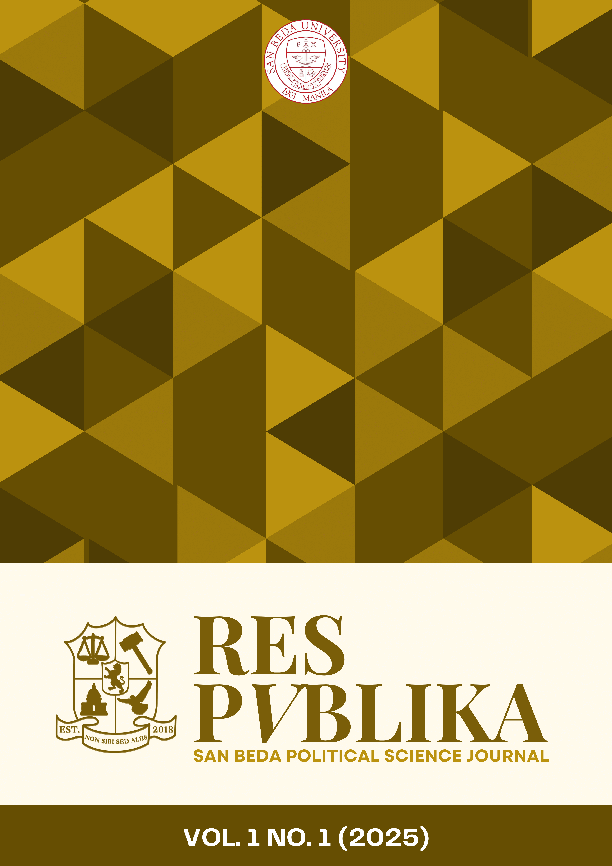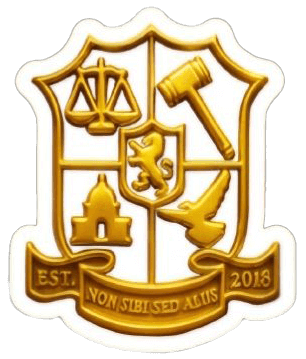Tracing the Political Divide: An Analysis of Antagonisms between Contesting Publics amidst a Challenged Democracy
The ascent of former President Rodrigo Duterte in the national political scene has not only revealed illiberal undertones in Philippine democracy but has also shifted the attention to the exacerbated divisions in society from where antagonisms characterized along moral lines are divulged. Envisioned to continue, the changes instigated by the populist turn in the country which hastened the maturity of illiberalism warrant a revisitation and interrogation of the traditional way of "doing politics" in relation to the aggravated antagonistic relations between groups found to be in continuous contestation in society. Aimed with the purpose of understanding the emergence and reinforcement of antagonisms between the contesting Populist Public and the Liberal Reformist Public whose roots go back to the EDSA Revolution vs. Unfinished Revolution divide, the study examines their prevailing ethos on their political aims, priority issues, visions for change, language, media, and living space along with an identification of relevant factors engendering resentments in between.Utilizing a qualitative methodology and descriptive phenomenological approach through focus group discussions in the gathering of data, the findings of this study determined that moral antagonisms between the groups are engendered by a struggle of opposing narratives, a crisis of dignity, an allegiance-tolerance dichotomy, a persistent adherence to political actors, and a populism-civic exclusivism conflict. With Filipino religiosity and hegemonic discourses from politicians characterizing the "moral" nature of the said antagonisms, its implications on the "politics that should be" entails a Philippine democracy that is more challenged and contested as before.

